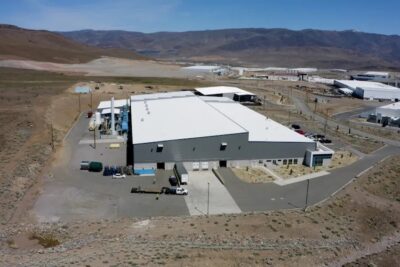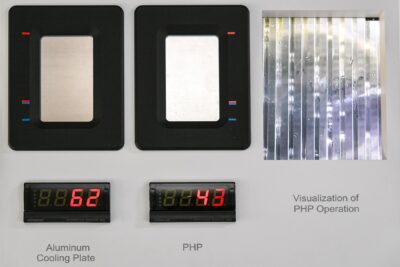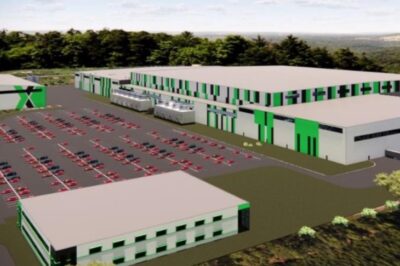Dyson writes off £46m on solid-state battery startup
Vacuum cleaner maker and aspiring EV builder Dyson has written off 46M GBP (over €51M) on U.S. battery developer Sakti3 after a sweeping review of their investment.
Dyson had acquired the Michigan University spin-off for 90M dollars in 2015, in the hope to secure their solid-state battery technology. Dyson now recorded an impairment charge to the profit and loss statement included in their accounts after reviewing their investment.
This does not mean that Dyson is moving away from their electric car ambitions. On the contrary. Only in August they announced a 200 million pound investment (220 million euros) in order to set up six test driving tracks for their yet to be built electric vehicles. More than 400 employees of the automotive team are already working on Hullavington Airfield in Wiltshire, a site which will be expanded by another three buildings in the next months and already measures 17 km in length.
Dyson CEO Jim Rowan also used the occasion to reaffirm the company’s EV plans, saying they were “firmly focused on the next stage of our automotive project strengthening our credentials as a global research and development organization”.
Previous production plans included no less than three electric cars by Dyson in quick succession starting in 2020. While the first electric vehicle would use Li-ion batteries, the next two were to use solid-state batteries reportedly. It is unclear at this stage if the writing off on solid-state battery developer Sakti3 will affect this schedule.
As before, Dyson would not go into any further detail.





0 Comments